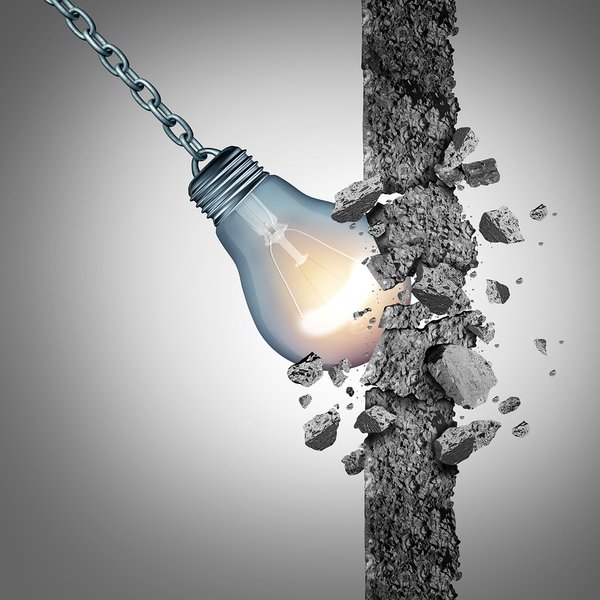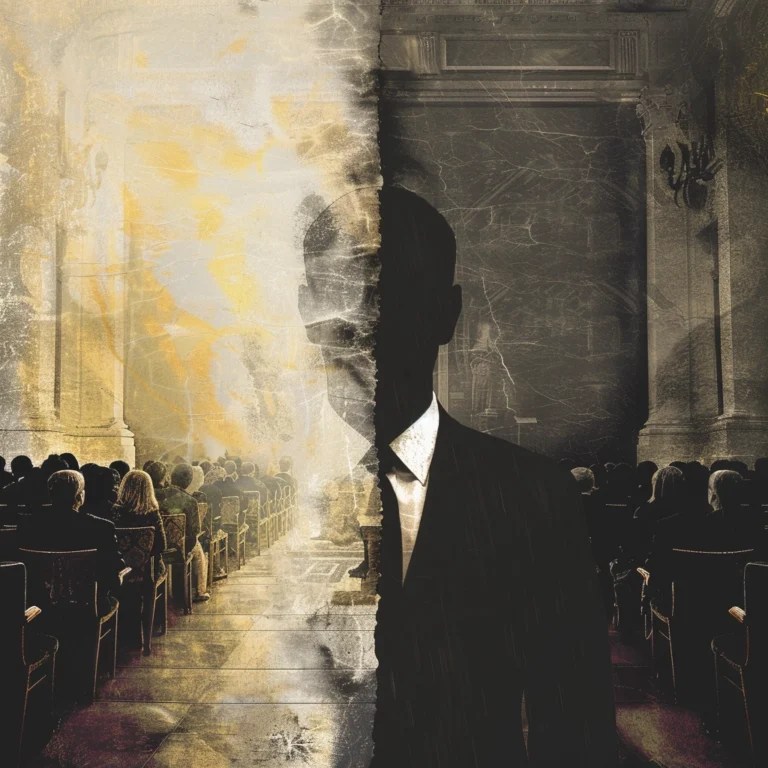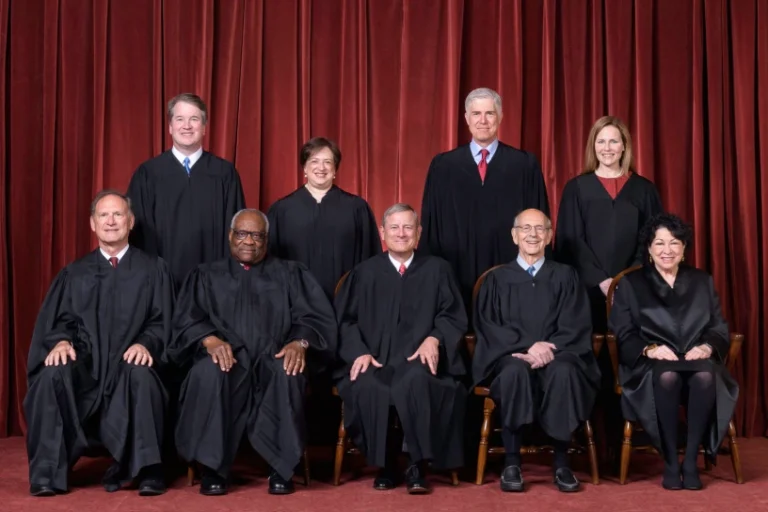Breaking Barriers, Building Bridges: The Burden and Beauty of DEI Work
An Affirmative Critique of Anti-DEI Rhetoric = White on White Crime by Lawrence Alexander
Dear LA,
You know, as I was reading your compelling piece, “Anti-DEI(B) Rhetoric = White on White Crime,” I felt like I was transported back in time. It was as if we were sitting side by side on a cozy porch, rocking chairs squeaking rhythmically, reliving the past while confronting the present, especially regarding Diversity, Equity, and Inclusion (DEI) work.
I must say, LA, I’ve always marveled at your gift of breaking down complex social issues with grace and precision. How effortlessly you weave your experiences as an older sibling, defender, counselor, and father is, in plain words, captivating and deeply familiar. That sense of responsibility echoes within me, particularly resonating when I read your reflections. Just like you, I hold memories of being a shield, protecting not just some of my female cousins but my mother too. A single mother doing her best to raise a young Black boy in South Bronx, where navigating adversity was a daily routine. Our experiences have tempered our protective instincts, and your musings on this made those memories flood back.
What shapes us into these semi-urban-superheroes?
Your exhaustion with DEI work resonates deeply with me. It’s as if you have crawled into my thoughts, giving voice to the feelings I’ve grappled with for a long time. The ceaseless necessity to resolve problems that we did not create isn’t just wearying; it’s spirit-draining. The impact on our mental well-being, whether it’s racial battle fatigue or vicarious trauma, is tangible. With the recent increase in laws against DEI, it seems like we’re in the middle of a rapidly escalating storm.
How many more hits can we take before we’re depleted? Where are those allies who are better armored for these battles? Who among them can afford to step forward and effect change?
You hit the nail on the head, stating that our white brothers and sisters have been the primary beneficiaries of DEI work. When it comes to initiating change, the heaviest burdens are often and disproportinately carried by historically marginalized folks, yet the fruits of their labor predominantly benefit white people – as well as able-bodied, males, herteros, and/or cis-gendered to be honest. Current legislative actions in many states are targeting people across a spectrum of difference and this is important to the shared goals or many communities. It is also important display/exercise in solidairty to acknowledge that numerous individuals from beyond marginalized communities that have made significant contributions to the equity and inclusion cause. While the struggles and contributions of marginalized communities must be honored, it’s important to recognize people from various backgrounds working tirelessly for a more inclusive and equitable society.
In our collective quest for equity and inclusion, many individuals from different racial, ethnic, and social backgrounds have devoted their resources, energy, and time to spur positive change. Allies and advocates from different communities have stood shoulder to shoulder with marginalized groups, magnifying their voices and backing their initiatives. The problem is they are the few because far too many sit on the sidelines. LA, you know better than most – DEI work, truly, is a gift.
But as we’re packing and delivering these gifts, who’s looking after us?
Your critique of the “Anti-DEI” movement, labeling it as white-on-white crime, was astute, painfully accurate, and expected given your sharp mind. Its like a knife slicing through the fabric of ignorance. By obstructing DEI work, were stifling critical thinking that could propel our society forward. If we cease this work, we’re denying white children (and adults) the opportunity to forge meaningful connections with individuals who differ from themselves.
How do we make people grasp that embracing complexity helps us ascend, not merely as individuals, but as a society?
Just as you put it, the tussle between ignorance and decency is upon us again — and it’s a fierce one. This is not just a struggle for the rights and dignity of marginalized groups but also for the collective social consciousness of our society. It’s a battle for our shared humanity. It’s about not just affirming diversity, equity, and inclusion as important values, but also understanding that these values are intrinsic to our social fabric. They are fundamental to the nurturing and development of empathy, compassion, and critical thinking skills.
In the face of this struggle, it’s also essential to nurture ourselves. We must find ways to refresh our spirit and replenish our resilience. Whether that’s in the form of self-care, finding joy in our passions, or leaning on our support networks, its necessary to preserve our energy for the long haul.
I try to remember that this fight isn’t just about effecting systemic change; it’s also about our individual growth and the positive transformation of our communities. We will not lose sight of the progress we have made and the allies we have gained along the way. However, we expect and must hold our allies accountable to living up to what they espouse to us behind close doors. While the struggle may often seem insurmountable, the power of our collective resilience should never be underestimated.
LA, I feel your weariness, your fatigue, I too feel it often. But your voice is so needed in this fight – I know you know this. I share your sentiment about the weathering effect of this work. Its a constant battle, isnt it? Having to defend our humanity, and the humanity of others, day in and day out. But despite the weight of it all, we remain committed because we understand the stakes. And like you, I see hope in the eyes of the younger generation! They carry an openness, an understanding that transcends color lines. They’ve already begun initiating those necessary conversations that break barriers. If we’re to safeguard their future, we need to take care of ourselves so we are ready when they need us.
Because let’s face it, fighting for equity and inclusion is no walk in the park. It takes a lot out of us physically, mentally, and emotionally. We’re out there hustling, challenging the status quo, and pushing for change. And that can drain us, my friend. That’s why it’s crucial for leaders in the DEI work to recognize when they need a breather. Just like in sports, where coaches make strategic substitutions to keep their players fresh and energized, we need to do the same. It’s not a sign of weakness or giving up it’s a smart move to ensure we’re at the top of our game.
So, when we’re feeling exhausted or overwhelmed, it’s time to call a timeout. Let’s pass the baton to other team members who are ready and willing to step up. They can take on some minutes, bring in their unique perspectives, and keep the momentum going. By taking these breaks, we’re not abandoning the fight we’re recharging and coming back even stronger. It’s like getting a breather on the sideline, taking a sip of water, and then diving back into the game with renewed vigor.
We are advocates of inclusion, lovers of diversity, and we carry the burden of equity on our shoulders. The road ahead may be challenging, LA, but if there’s one thing I’ve learned from you, it’s that WE never back down from a fight worth having [flag football – IYKYK]! The “Anti-DEI” movement doesn’t just attack diversity; it attacks our shared values and our shared commitment to a better world. I echo your sentiments when you say this is white-on-white crime. We can’t overlook the irony that a movement intending to suppress DEI is ironically hindering those who it purports to protect.
Our thoughts in these two blog posts feel like calls to action – a reminder that our work, no matter how challenging, is valuable and important. Despite the odds, we have the power to effect change. This work is our shared responsibility and, as weary as we might be, it is a responsibility we shoulder with purpose and pride. Just remember, every change starts with a single step, every journey with a simple decision to move. So, we’ll keep pushing forward, my friend. Because as much as we protect, we also pave the way for a better tomorrow.
In closing my friend, your words have struck a chord; inspiring a renewed sense of commitment. So, I end this with a challenge to everyone who reads your words and mine: Engage in the fight for DEI. Stand against the wave of Anti-DEI rhetoric sweeping our schools, our workplaces, our communities. I’ll end with sharing a famus quote by German philosopher Arthur Schopenhauer:
“All truth passes through three stages. First, it is ridiculed. Second, it is violently opposed. Third, it is accepted as being self-evident.”
In Solidarity
AB







